Power, Knowledge, Medicine: Ayurvedic Pharmaceuticals at Home and in the World
If the presence of Ayurveda in modern times invites surprise, its renewed vigour in the age of globalisation gives rise both to romantic celebration and incredulous hostility. This kind of response suggests that our understanding of modern Ayurveda has not kept pace with the growth of the phenomenon itself. It is not that Ayurveda has not been studied, but that much of the wealth of scholarship lies in highly specialised disciplines like Indology, Medical Research, History and Medical Anthropology. The big picture of contemporary Ayurveda eludes this scholarship. The present book seeks to fills this gap by drawing insights from all the various disciplines that have analysed different aspects of Ayurveda, yet keeping its principal focus on making sense of some of the big changes that have marked the transformation of Ayurveda in the twentieth century. The author suggests that this transformation cannot be seen as purely cognitive, technological or economic change, for it involves an irreducible political play between regimes of knowledge and exercise of state power. Tracing the birth of Ayurvedic pharmaceutical in colonial times, this book analyses how the working of post-colonial state, civil society and industry has shaped contemporary Ayurveda. It argues that processes of ommercialisation and standardisation have resulted in pharmaceuticalisation of this ancient medical system accounting for both the resilience and shrinkage of Ayurveda as a medical system. The book would engage not just those interested in the phenomenon of Ayurveda or those involved in health policy but any social scientist interested in technological choice, knowledge and power or alternative modernity.
Get it now and save 10%
BECOME A MEMBER

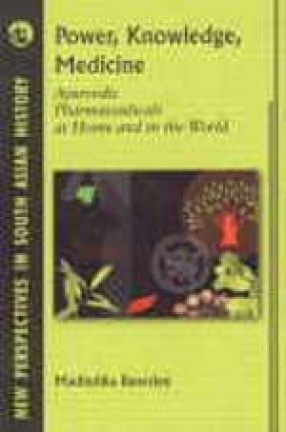
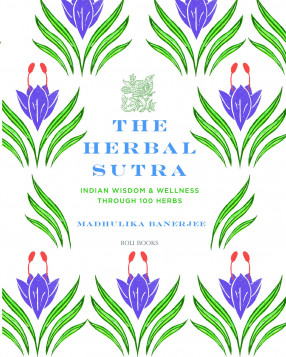
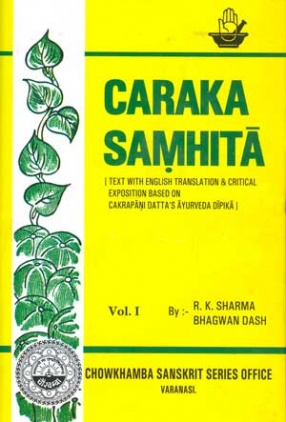
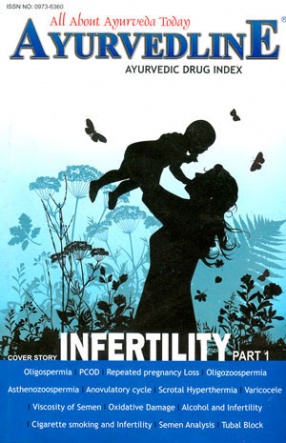
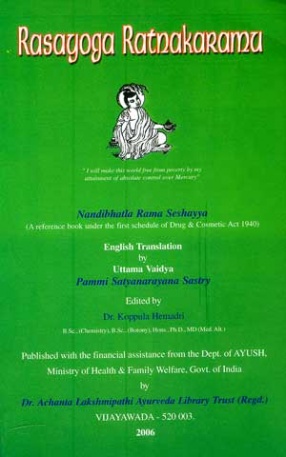
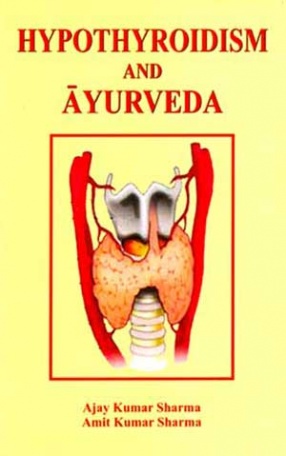

Bibliographic information
Tags